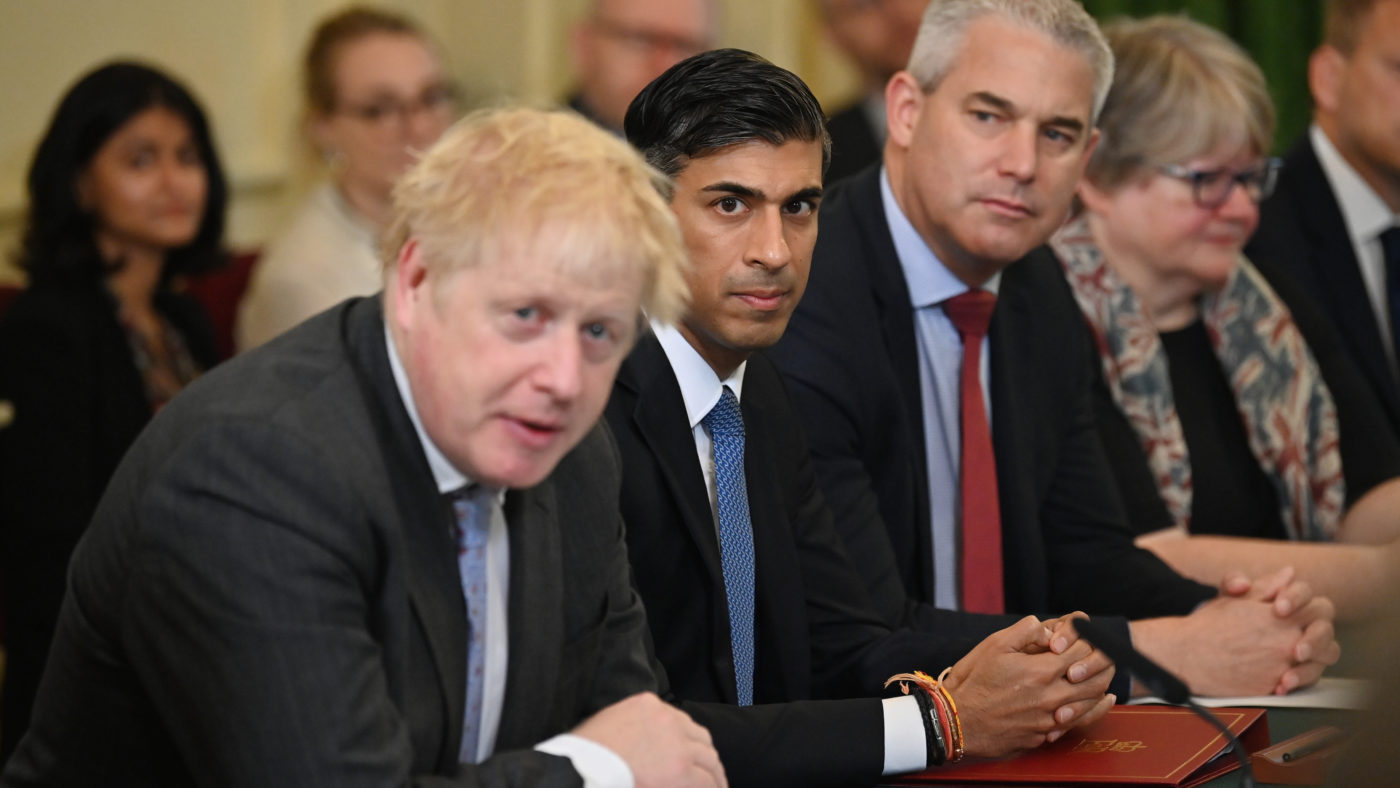It’s only been seven months since the last Budget, but this Wednesday Rishi Sunak will fire another fiscal broadside, with around £20bn-worth of spending already briefed to the media.
Another round of spending promises is partly a response to the extraordinary demands of Covid. However, it’s also a symptom of a broader malaise that has intensified under Boris Johnson – the triumph of ‘government by stopgap’. On health, housing, energy, immigration and tax the Government’s first instinct is often to throw down sandbags instead of engaging in the technically and politically difficult work of long-term reform.
As I wrote recently, planning is perhaps the canonical domestic policy example. Judging by his conference speech, Johnson has retreated into a ‘brownfield-first’ comfort zone, with demand-side tweaks where there should be supply-side radicalism.
Old age care is another area where we’ve had umpteen reviews and urgent calls to fix things once and for all. Yet instead of a settlement that might involve telling voters some unpalatable truths, the Government’s main innovation has been a tax – the Health and Social Care Levy – whose proceeds will largely be swallowed up by the NHS money pit anyway. The announcement of a new £162m pot for social care workforce retention and training is welcome but, again, feels rather piecemeal.
The Care Levy compounds another problem area – our inconsistent, often baffling approach to taxation. That’s by no means Sunak’s fault. He inherited an alluvial plain of a tax code, silted with measures from Budgets past – a deduction here, an exemption there – all of which have seen our competitiveness gradually diminish.
But one of his big gambits at the last Budget, the ‘super-deduction’, was another classic stopgap policy. Letting firms offset investment in plant and machinery is a brilliant idea. But by making it temporary, the main effect is to encourage them to bring investment forward a few years. Worse still, the incentives of the super-deduction will be almost entirely offset by upcoming hikes to corporation tax. As my CPS colleague James Heywood wrote on Friday, once all the Government’s slated tax changes come into effect, the UK will slump to a pitiful 30th out of the 37 economies ranked in the Tax Foundation’s Tax Competitiveness Index.
On immigration too, temporary tinkering abounds. The Home Office’s decision to offer thousands of short-term visas for HGV drivers and seasonal workers is a tacit admission that there is no reserve army of Brits waiting to do these jobs. That may help ‘save Christmas’ this year, but in the longer term we should surely have a simpler scheme that allows any worker with a job offer to come here for a prescribed period, rather than Whitehall trying to work out how many workers particular industries need and divvy up visas accordingly.
Unsatisfactory though this stopgappery is, there’s every chance Johnson will get away with it politically – not least because of Labour’s continuing failure to get its act together. But at some point, both the Prime Minister and the Government will need to shake the habit of quick fixes.
Click here to subscribe to our daily briefing – the best pieces from CapX and across the web.
CapX depends on the generosity of its readers. If you value what we do, please consider making a donation.


